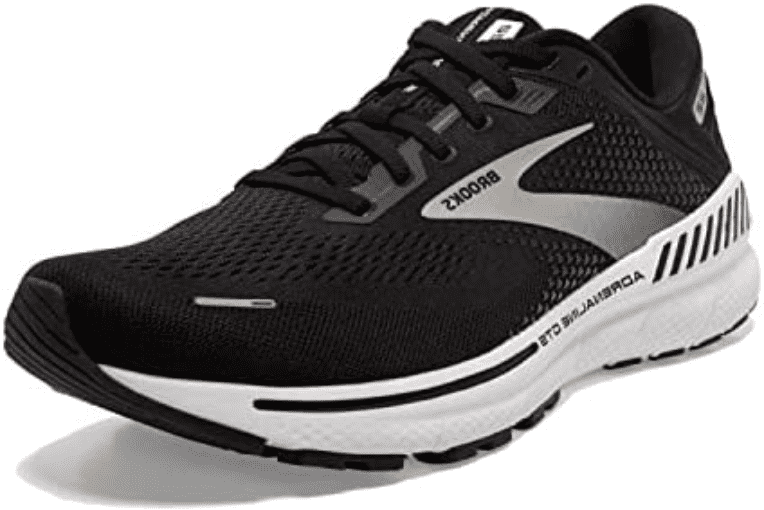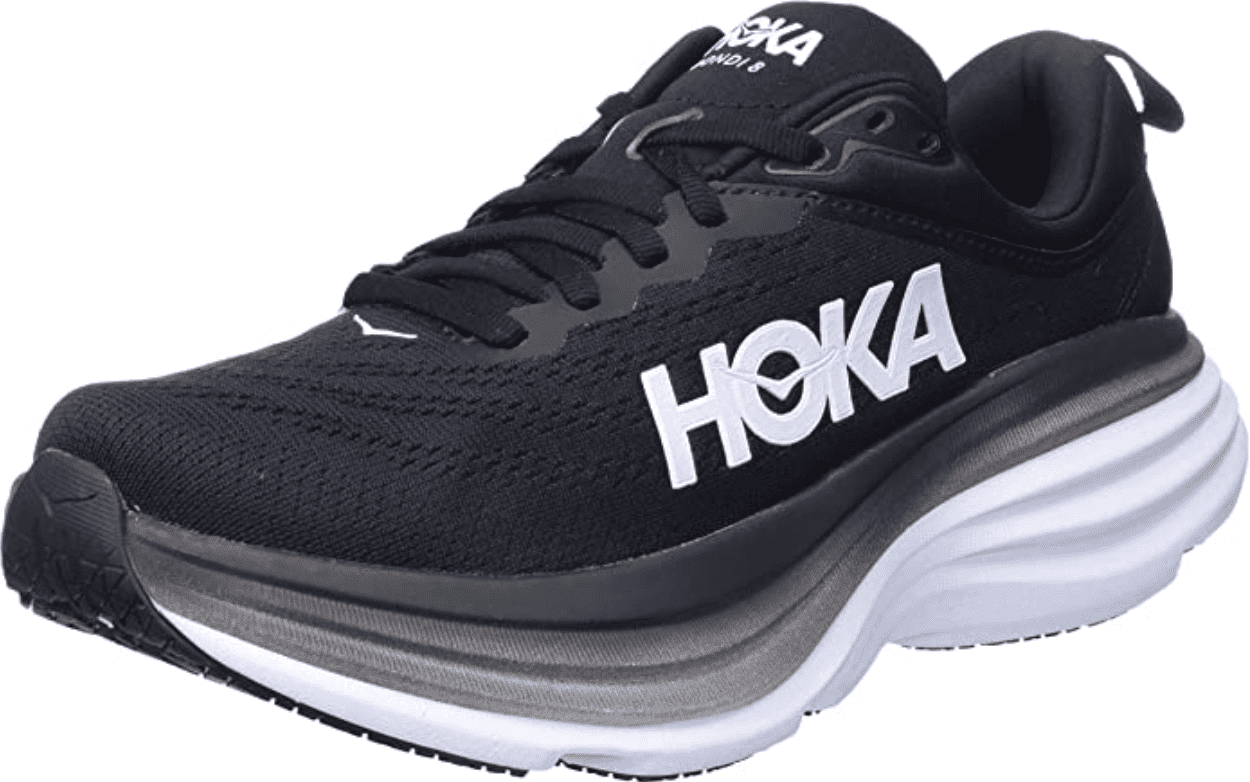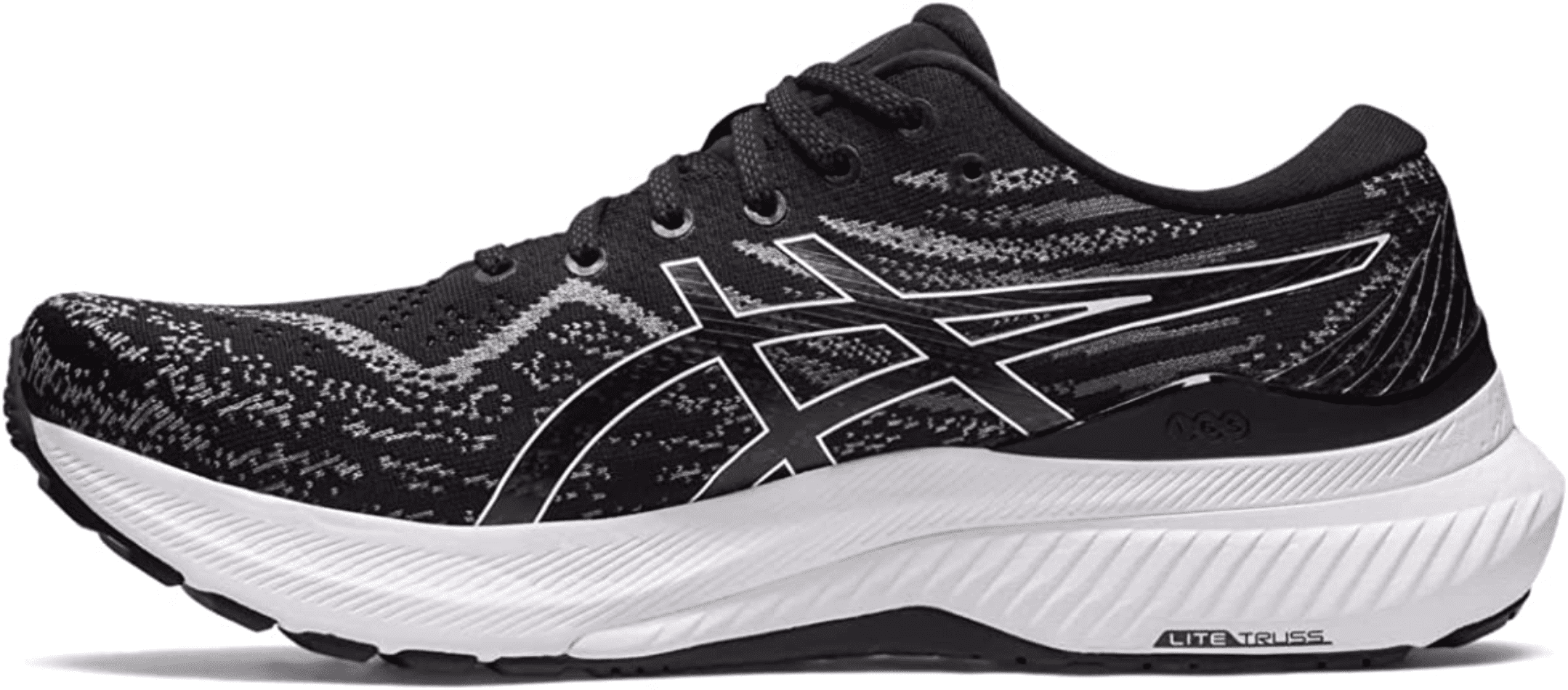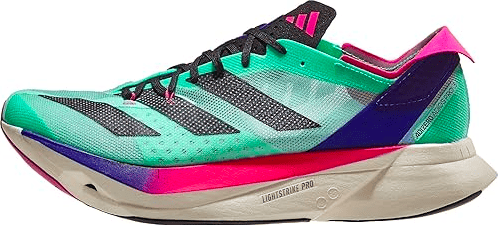Achilles Tendonitis Exercises
Read More >
Achilles Tendonitis is one of the most common running injuries to the foot and ankle, and it has a prevalence of 6-18% in runners. Achilles Tendonitis affects the back of the ankle, either in the midportion of the Achilles Tendon or on the insertion to the heel bone.
In mild cases, Achilles Tendonitis may be sore at the beginning of a run and ease as the run progresses, or in chronic patients, symptoms may progressively worsen with symptoms. If the Achilles Tendon is overloaded from a run, pain is typically worse the following morning.
Achilles Tendonitis is normally caused by a sudden increase in running volume or speed. If that is not the case, then biomechanical factors such as your running gait or running shoes can cause Achilles Tendonitis.
Depending on your running style, you may benefit from different types of running shoes for your Achilles Tendonitis. For instance, if you are a heel striker, you may benefit from a shoe with a high heel drop which helps by shortening the Achilles Tendon, or if you are a mid-to-forefoot striker, you can benefit from a running shoe with a rocker sole. The right pair of running shoes can make a significant difference in managing Achilles Tendonitis by reducing pain levels, increasing running capacity and helping with overall rehabilitation.
James McCormack is a Physical Therapist who specializes in knee, foot & ankle injuries. www.james-mccormack.com is a participant in the Amazon Services LLC Associates Program, an affiliate advertising program designed to provide a means for sites to earn advertising fees by advertising and linking to Amazon.com. The money earned from this helps us to create free educational content.
The best Running Shoes for Achilles Tendonitis have a stack of 10mm or more, a deep heel cup or a rocker sole.
1: There is strong evidence that a heel raise can shorten the Achilles Tendon and improve pain levels. The stack height refers to the height difference from the back of a shoe to the front. If you are a heel striker, the higher the stack, the better.
2: A deep-heel cup is the contour of a running shoe’s heel sections. It is normally curved to cradle the heel bone, providing additional stability and control to the ankle joint. By providing additional stability to the ankle joint, a deep heel cup can reduce pronation forces associated with irritation of Achilles Tendonitis.
3: A rocker-soled running shoe is a running shoe with a curve on the undersole of the shoe. One study conducted a 3D Gait analysis of patients with Achilles Tendinopathy and found that rocker running shoes reduce the force on the Achilles Tendon during the push-off phase of running compared to normal running shoes.
We have recommended different running shoes for Achilles Tendonitis that we suggest to our patients regularly.

We recommend the Brooks Adrenaline GTS 22 Running Shoes for Achilles Tendonitis due to their 12mm heel drop, GuideRails® and cushioning.
The 12mm heel drop helps to offload your Achilles Tendonitis and reduce pain levels.
The GuideRails® work in a similar pattern to a deep heel cup but stabilises the ankle joint to reduce the pronation moments associated with Achilles Tendonitis.
Buy on AmazonThe best Hoka running shoes for Achilles Tendonitis are the Hoka Bondi 8 due to their rocker bottom, neutral sole and Plush Cushioning.
The rocker bottom reduces the force applied to the Achilles Tendon when running to reduce your pain levels.
The neutral but cushioned sole acts as a shock absorber to reduce the pressure of your tendonitis.
Buy on Amazon

We recommend the Asics Gel-Kayano 29 Running shoes for Achilles tendonitis due to their 10mm heel drop, deep heel cup, LITETRUSS™ and FF BLAST™ PLUS cushioning.
The 10mm heel drop helps offload the Achilles Tendon while the FF BLAST™ PLUS cushioning absorbs the impact shock when running.
The external heel counter with LITETRUSS™ technology and deep help cup provide stability to the ankle and foot throughout the gait cycle.
Buy on AmazonWe recommend the Adidas Adizero Adios Pro 3 as the best shoe for Achilles tendonitis.
It is a plush cushioned shoe to absorb the impact of landing. But the shape of its sole is of more benefit. The steep rocker sole at the toe eases the foot into toe-off, reducing the force and load needed from the calf muscle and Achilles tendon.
This shoe also has a 6mm heel-to-toe drop to keep the Achilles from being stretched to its maximum.
Buy Men's Buy Women's
This article is written by James McCormack, a Foot and Ankle Specialist who is an expert in prescribing the best shoes for Achilles Tendonitis.
This is not medical advice. We recommend consulting with a medical professional like James McCormack before purchasing any shoes recommended in this article. James offers Online Physiotherapy Appointments weekly and face-to-face appointments in his London clinic.